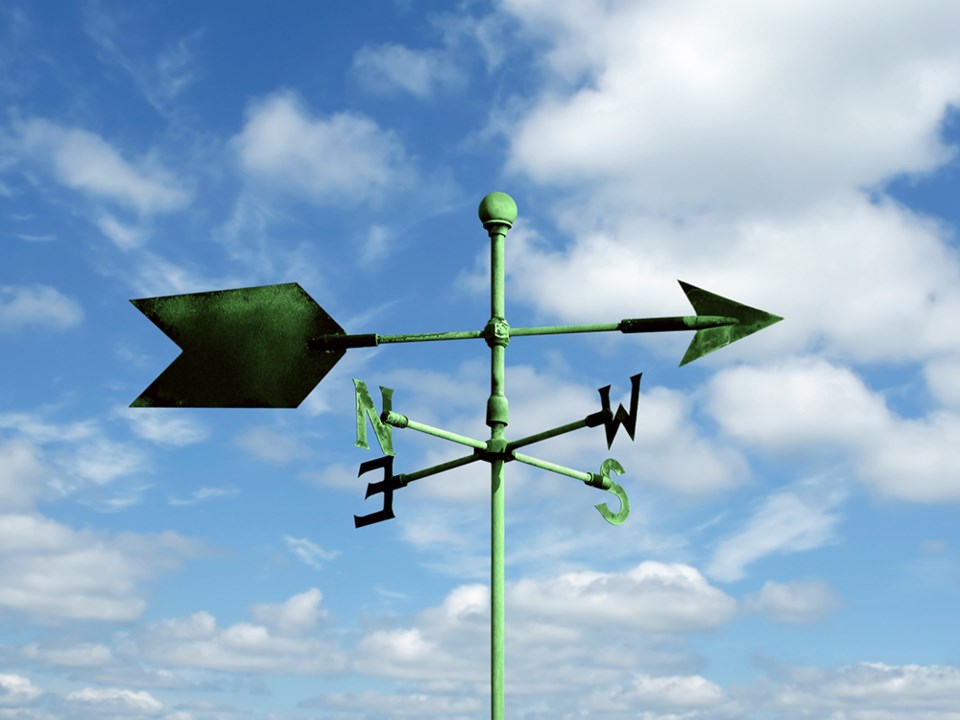If you don’t like the weather, just wait five minutes. On the Pacific west coast this often seems to be the case – the only guarantee being change.
In the past few years in particular, we have been learning to roll with the unexpected and perhaps even find a silver lining on storm clouds. When it comes to changes in the ecosystem, this mindset can help us keep our sanity, too.
As species disappear from the planet, 90 per cent of seeds from some plants go extinct, and ocean levels rise drowning out entire islands, the feeling of hopelessness can be overwhelming. How are we to remain centred and earth-positive amid dire statistics a mere internet search away?
As with many aspects of life, starting right where we are is best. It’s also the only place we can truly engage.
Indulging in catastrophic forecasting is of value, but only in a limited way. Seeing what is likely to result if we continue driving full speed toward a cliff allows us to pump the brakes, but checking the horizons every few seconds and screaming out “all is lost” is futile and probably not your idea of a life well lived.
Addressing the increasingly apparent planetary crisis begins with us. Instead of pointing the finger at corporations – although they certainly need regulating – ask yourself how you might be supporting their plunder of the planet.
Disconnecting from the feeding tube of the polluting industrial complex is no easy task. It takes time.
Maybe your first step is to plant a seed in the ground or cancel an online shopping account to put a pause on superfluous spending sprees. Perhaps you will vacation closer to home and plan on borrowing summer fun gear from friends instead of buying new.
When we think about how our ancestors lived and then look around at our hoards of belongings, it is most humbling. How did they survive with so much less?
What we might not consider is that they also thrived in ways we can’t because we are less connected to nature. Maybe the change we need to embrace is learning to be satisfied with less.
The unexpected joys of that decision may surprise you. A simpler life means more time with loved ones. We’ll also catch more glimpses of the very entertaining and wise world of animals and plants all around us, which we can miss in the hustle and bustle.
It has been said that the most rebellious thing we can do is to be responsible for our own needs. If your family is transitioning to more self-reliance, it will likely also result in a gentler footprint on the earth.
The less we rely on external, corruptible systems for power, food, water and medicine, the greater the likelihood is that we will access cleaner and more environmentally friendly resources.
Becoming increasingly local in where we source everything usually results in less packaging, more nutrition, lower greenhouse gas production and more traceable components and ingredients. Once again, acting locally inevitably has a global impact.
Simplifying our life may temporarily require more work. Consider this the period of composting before flowering into your gardenhood.
Let’s Talk Trash is qathet Regional District’s waste reduction education program. For more information, email [email protected] or go to LetsTalkTrash.ca.



